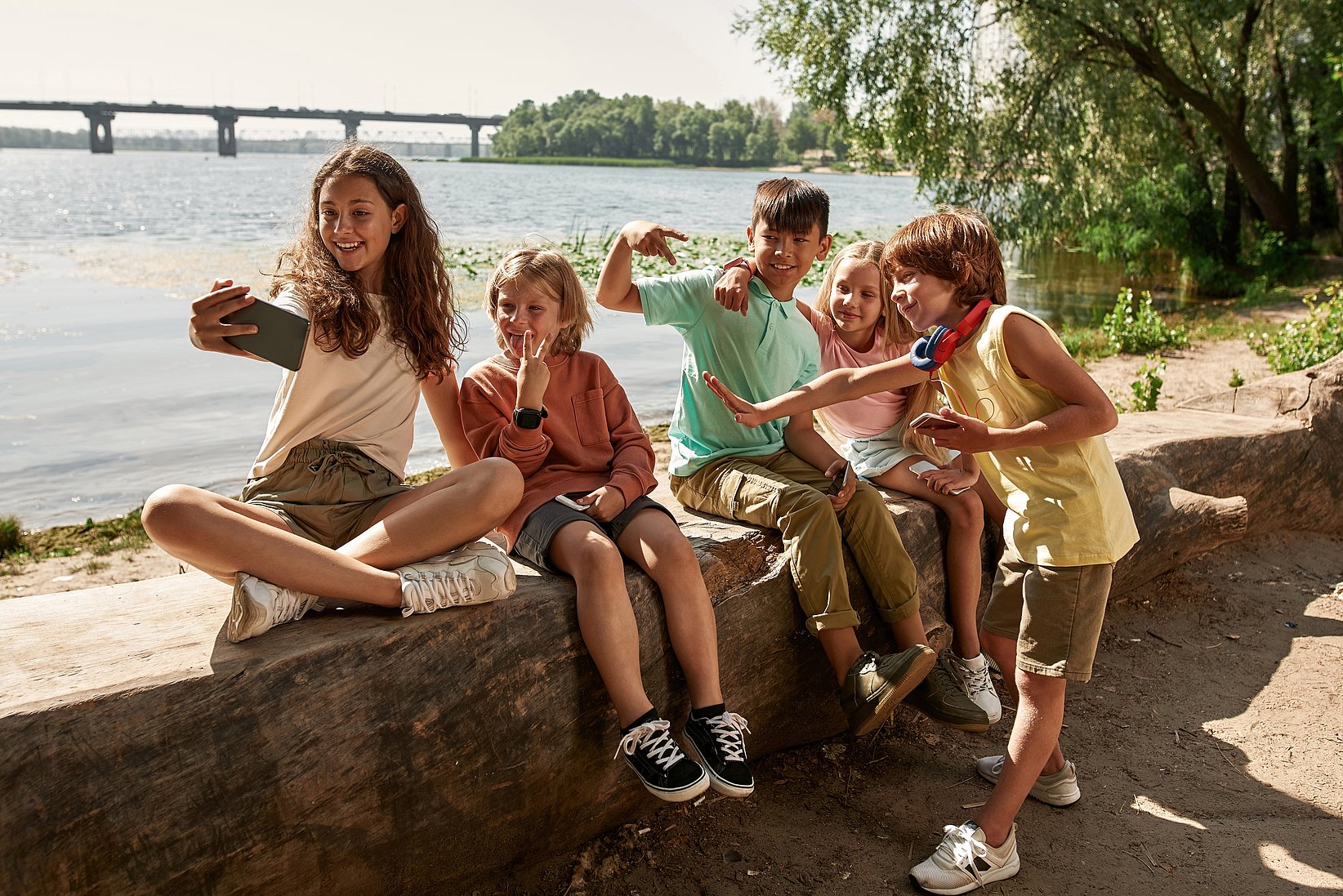
News
Designing Experiences For Generation Alpha

It goes without saying that a lot has changed since 2019. For Generation Alpha (which is shorthand for those born between 2010 and 2024), two years of intermittent lockdowns and schooling-at-home has meant that the last few years of their upbringing has been irrevocably shaped by digital connectivity. After childhoods that (even pre-pandemic) involved a whole lot of screen time; they’re a generation raised in part by tablets, computers, and mobile phones.
As we enter 2023, we’re beginning to get a better understanding of some of the long term impacts of the pandemic. Still, the long term consequences of the online shift of everything from education to entertainment during many of Gen Alpha’s formative development years are yet to fully play out. We may have expected continuity in their covid-era habits: kids continuing to spend the majority of their extra curricular time on screen, but instead recent research shows that many kids today prefer to see their friends in person on the weekends, instead of chatting online. They’re embracing the relative freedom of the post-covid landscape and are keen to get up, get out, and go.
But though this young cohort might be moving away from complete connectivity, that’s not to say that they’re moving away from technology altogether. Even those who are seeking real life entertainment and connection are likely to be using digital tools like social media to do so. Whether it’s visiting a place they’ve seen trending on Tiktok, visiting friends in person that they originally met on Discord, or downloading a site-specific app to augment their real life experience, generation alpha’s approach is a hybrid of digital and physical.
In contrast to prior generations though, both Gen Z and Gen A seem to (the evidence is mostly anecdotal at this point) be better at using digital technologies as a tool for engaging with the real world. For example, take the rise of Booktok, the name for a TikTok niche that features book reviews and recommendations and is known to launch near-unknown authors onto bestseller lists. It’s a corner of social media that is refreshingly wholesome and encourages young people to engage with an old fashioned pastime; reading and discussing books.
Like their millennial parents, Alpha’s are a generation who increasingly value experiences over products, but they are even more intrinsically connected than their digital-native parents are—as digital experiences, avatars, and personas are becoming more interwoven into physical ones. And as the first generation who have been born and raised with social media (the oldest of Gen A are the same age as Instagram), it will be interesting to see how this hybrid develops over time, how they use and change the platforms and which new ones they’ll flock to. From the aesthetically perfect, hyper edited, millennial instagram feed, to the rise of fun, lofi, Gen Z DIY content on TikTok, every generation so far has left its stamp on the aesthetics of the internet, and we’re excited to see how tomorrow’s teens make their mark.
To keep up with Gen A more generally we’ve been asking our ongoing tween council, an online panel of 100 7-12 year olds in seven markets, their opinions on everything from veganism to their device use. You can read our inaugural report from the project, here.


